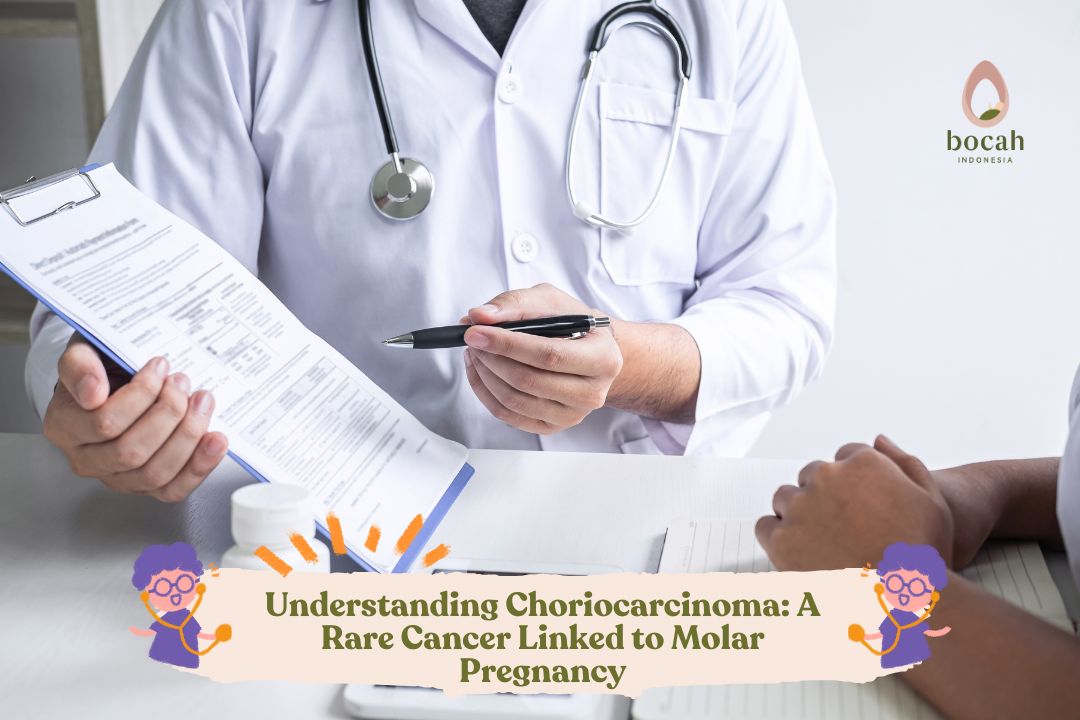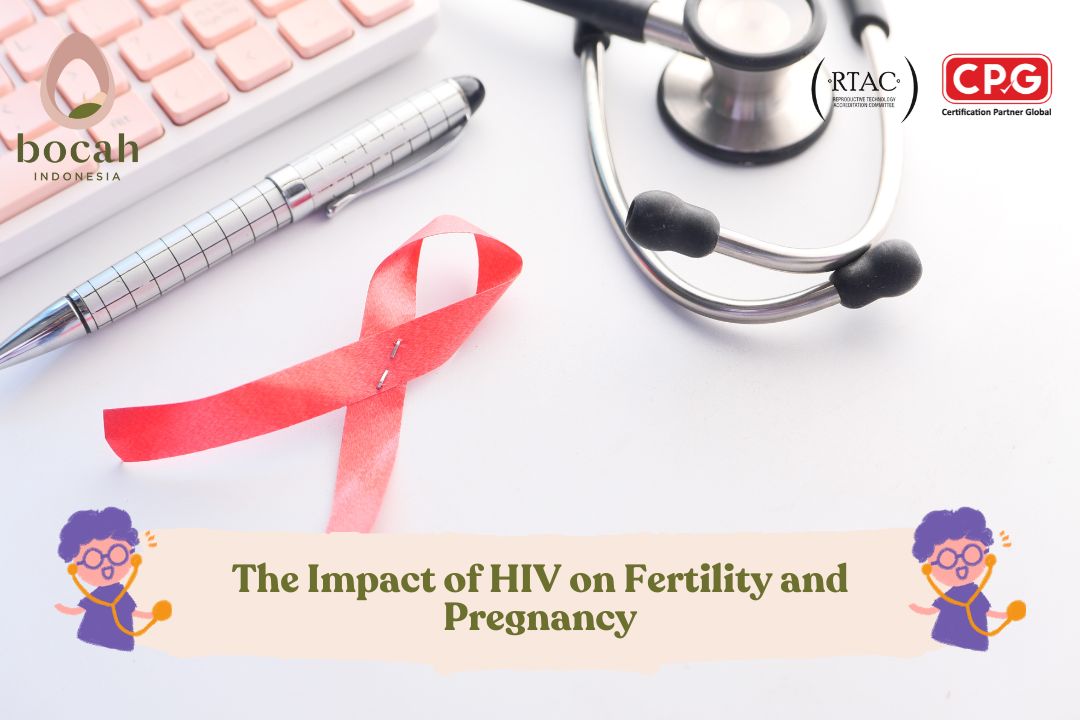Dangers of Choriocarcinoma in Molar Pregnancy and Its Impact on Pregnancy

Choriocarcinoma is a rare type of cancer that is mostly experienced by women who have had a molar pregnancy. This cancer falls under the category of Gestational Trophoblastic Disease (GTD) and develops from the cells that form the placenta.
Though rare, choriocarcinoma is an aggressive cancer that requires immediate treatment due to its ability to spread to other parts of the body. Additionally, while this cancer mainly affects women, non-gestational choriocarcinoma can also affect men, particularly those aged 20–30, often developing in the testicles.
What Is Choriocarcinoma?
Choriocarcinoma is a highly aggressive and rare cancer that typically occurs in the uterus or ovaries of women who have had a molar pregnancy, miscarriage, or ectopic pregnancy. According to the American Cancer Society, gestational choriocarcinoma usually occurs in women with a history of molar pregnancy, a condition in which the placenta grows abnormally into fluid-filled sacs.
This disease has the potential to spread rapidly to various parts of the body, including:
- Lungs
- Uterine muscle lining
- Lymph nodes
- Liver or kidneys
- Brain
- Blood vessels
Types of Choriocarcinoma
In general, there are two main types of choriocarcinoma:
Mulai Journey of Hope
- Gestational Choriocarcinoma: This type is typically associated with pregnancy, occurring either during or after pregnancy, as in molar pregnancy cases.
- Non-Gestational Choriocarcinoma: This type can occur in both men and women, often originating from germ cells in the testicles, ovaries, or uterus. In men, this cancer usually begins in the testicles.
Symptoms of Choriocarcinoma
In Women: Early symptoms of choriocarcinoma often include abnormal vaginal bleeding and pelvic pain. If the cancer spreads to other parts of the body, additional symptoms may include:
- Lungs: Coughing or difficulty breathing.
- Vagina: Heavy bleeding or abnormal discharge.
- Brain: Seizures or headaches if it spreads to the brain.
- Kidneys or Liver: Abdominal pain if it has spread to these organs.
In the Fetus: If choriocarcinoma occurs during pregnancy, treatment may affect fetal health. According to the National Institutes of Health (NIH), the risk of miscarriage or premature birth increases due to necessary treatments like chemotherapy.
What Causes Choriocarcinoma?
Choriocarcinoma results from changes in trophoblastic cells, which form the placenta. Around 50% of choriocarcinoma cases are associated with a history of molar pregnancy. Research from the American Society of Clinical Oncology (ASCO) states that molar pregnancy is a condition where abnormal tissue develops in the uterus instead of the placenta. In non-gestational choriocarcinoma, cells in the testicles or ovaries start producing the hormone hCG (human chorionic gonadotropin), detectable through blood tests.
How Is Choriocarcinoma Diagnosed?
Choriocarcinoma diagnosis involves several medical tests, including:
- Pelvic or physical examination: To detect abnormal masses or lumps.
- Blood test for hCG levels: This hormone level is high in patients with choriocarcinoma.
- Additional blood tests: To check liver and kidney function.
- Pelvic ultrasound: To assess the condition of the uterus and ovaries.
- CT Scan, MRI, or Chest X-ray: Used to detect cancer spread.
How Is Choriocarcinoma Treated?
Treatment for choriocarcinoma depends on the severity and location of the cancer. The primary treatment usually involves chemotherapy, which is effective in controlling cancer cells. In more severe cases, doctors may recommend:
- Hysterectomy: Surgery to remove the uterus for women who do not plan to have children.
- Radiation therapy or a combination of treatments: For cases where cancer has spread to other organs.
Routine monitoring after treatment is crucial to ensure that the cancer does not return. According to the National Cancer Institute, early detection significantly influences the success of treatment, with higher cure rates in cases diagnosed at an early stage.
Can Choriocarcinoma Be Cured?
Choriocarcinoma is a cancer that can be cured, especially if detected early and treated with chemotherapy. However, the prognosis may become more complex if:
- The patient has undergone chemotherapy without showing a response.
- Choriocarcinoma occurs after a full-term pregnancy or childbirth.
- The hCG hormone level is very high before treatment, above 40,000 mIU/ml.
Prevention of Choriocarcinoma
Choriocarcinoma cannot be completely prevented; however, women with a history of molar pregnancy are advised to undergo follow-up exams with a doctor to monitor their hCG levels. Discuss any reproductive health concerns with a doctor for proper information and treatment.
Choriocarcinoma is a serious condition requiring immediate medical attention. With proper diagnosis and treatment, most cases can be cured. Find more information on pregnancy health and fertility care on the Bocah Indonesia website.
- Fasting While Trying to Conceive? Healthy Meal Ideas for the Entire Month - 04/03/2026
- 12 Foods to Help You Get Pregnant Faster - 03/03/2026
- 3 Juice Recipes for a Pregnancy Program - 26/02/2026













